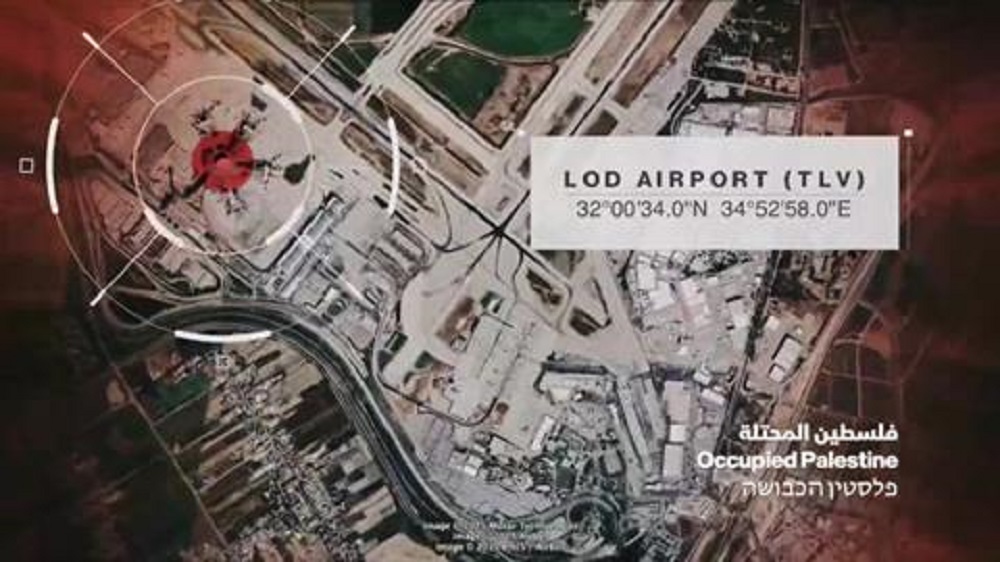Despite years of military campaigns by regional and global powers, Yemen’s defiant resistance remains unbroken—and now the Israeli occupation finds itself entangled in the same costly struggle.
In an article titled “No State Has Ever Subjugated the Yemenis—So Why Does ‘Israel’ Keep Trying?” published in Haaretz, writer Yishai Halper examines the persistence of Yemen’s armed response to the Israeli occupation, particularly since October 7, 2023, when the Yemeni Armed Forces began launching missiles in support of Gaza.
In his article, Halper writes that “shortly after October 7, 2023, when Yemenis began launching missiles toward Israel in support of Gaza, many dismissed them as ‘nothing more than unintelligent warmongers operating on Iran’s behalf.’” However, he adds, “More than a year and a half later, Yemenis are no longer seen as an oddity: unlike other countries in the region, they continue to fire rockets at ‘Israel,’ have issued serious threats of a large-scale blockade, and—most importantly—are clearly not intimidated by air force strikes.”
According to Halper, the Zionist public is only now beginning to grasp the depth of Yemeni resilience—something long recognized by experts.
Anbal Nissim Lofton, a Yemen specialist and research fellow at the Moshe Dayan Center and the Forum for Regional Thinking, notes that analysts have studied Yemen’s extraordinary endurance for years.
She poses a central question: “How has an armed group not only withstood repeated regional upheavals and military pressure but also escalated its attacks on Israel?”

In his Hebrew-language article, Halper identifies three core factors behind this resilience: geography, experience, and mindset.
In his analysis, Zionist Haaretz writer Yishai Halper uses insights from Dr. Elisabeth Kendall and Anbal Nissim Lofton extensively.
Dr. Elisabeth Kendall, a Yemen expert and head of Girton College at the University of Cambridge, explains that “the Houthis’ strongholds in Yemen’s northern highlands allow them to safeguard their leadership and conceal weapon systems.”
“Just open a map of Yemen and you’ll see they control areas that are extremely difficult to reach—including the mountainous Saada governorate,” she argues.
Kendall also emphasizes their extensive military experience, saying that “the group has spent more than two decades fighting some of the region’s most powerful armies and has survived tens of thousands of airstrikes by the Saudi-led coalition.”
According to Kendall, the Yemeni fighters have shown a notable tolerance for losses. After witnessing the US withdrawals from Iraq and Afghanistan, they no longer fear their adversaries and maintain a deep conviction that God is on their side.
Anbal Nissim Lofton, a research fellow at the “Moshe Dayan Center and the Forum for Regional Thinking,” adds that targeted assassinations—the Israeli occupation army’s preferred tactic—are unlikely to work in Yemen. She explains that the Yemeni Armed Forces operate with a decentralized command structure composed of small, semi-autonomous units, making leadership elimination ineffective.
Lofton notes that past assassinations carried out by Saudi Arabia and the United States failed to shift the balance.
“Dismantling this movement will not be easy because it is a systematically organized force that has operated for over a decade,” she says.
From a military standpoint, Lofton concludes that airstrikes alone are unlikely to succeed. “This isn’t a conflict that will be resolved by military force alone. A viable political settlement must be offered to anti-Houthi factions—one that motivates them to act against the group.”
Lofton also highlights the strategic miscalculations in Israel’s approach. She points out that the Israeli military’s reliance on manned aircraft instead of drones or missiles significantly increases operational costs.
Strikes on the port of Hudaydah, she warns, are unlikely to break the Houthis’ hold, as the port is a vital lifeline for Yemen’s civilian population. As a result, attacks there are inherently limited by humanitarian constraints.
Halper further notes that cost is a central factor often overlooked. He recalls that one reason US President Donald Trump agreed to halt offensive operations in Yemen was the overwhelming financial burden—nearly $1 billion in the first month alone, according to US security sources cited by CNN.
“Israeli operations face similar challenges. Without aircraft carriers in the Gulf, each strike demands long-distance flights, extensive fuel consumption, logistics, and maintenance—bringing the cost of every mission into the millions of shekels,” Halper concludes.
Source: Al-Ahed News Website (Edited and translated by Al-Manar English Website)




